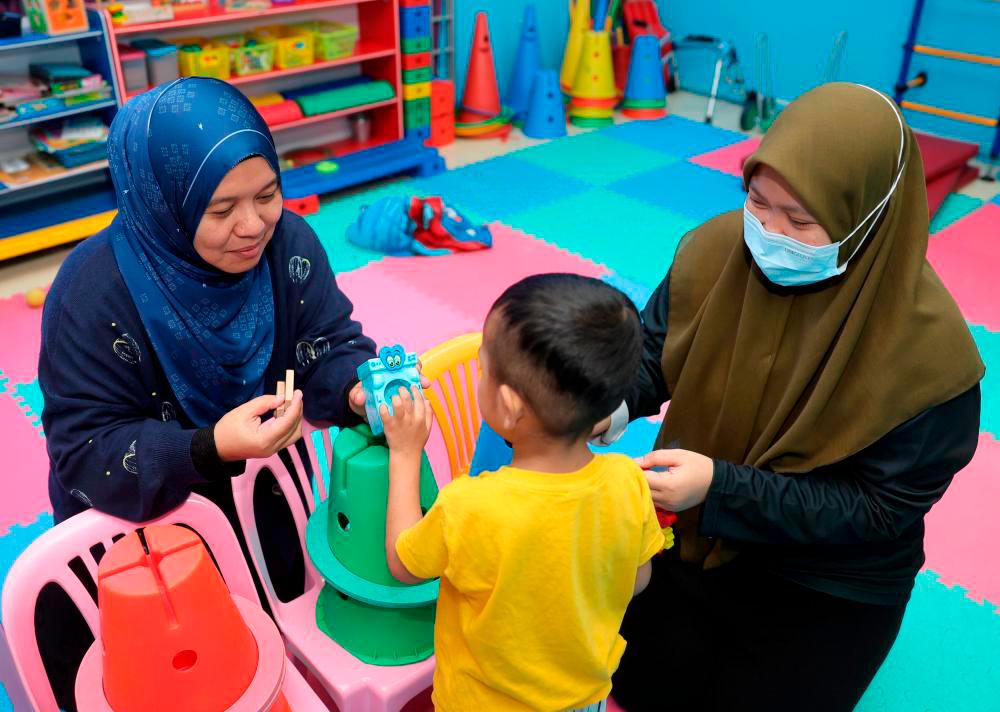IN our pursuit of a more equitable and diverse workforce to support future generations, we need to recognise and accommodate the unique talents of neurodivergent individuals. They consist of individuals with conditions such as autism spectrum disorder (ASD), attention deficit hyperactivity disorder (ADHD), dyslexia, dysgraphia, dyspraxia, dyscalculia and many other neurological differences.
According to worldpopulation review.com, Malaysia has around 325 individuals with ASD and 432 ADHD for every 100,000 population. These figures exclude other neurodivergent differences such as dyslexia.
Some of these individuals are adults and are currently employed. However, there will be a growing number of them that will be entering our workforce in the future. Therefore, to advocate diversity and inclusion in the workplace, we need robust policies that address the specific needs of neurodivergent employees.
The factors that should be covered under these policies are awareness and education, recruitment and hiring practices, workplace accommodations, support networks, career development and retention and leadership commitment.
Firstly, organisations should invest in education for non-divergent (neurotypical) employees and managers about neurodiversity. Understanding the strengths and challenges of neurodivergent individuals can create a supportive environment at the workplace, raising awareness and helping reduce the stigma while fostering empathy.
Next is having inclusive job descriptions that focus on the skills and competencies of neurodivergent employees rather than rigid qualifications. Alternative career pathways for this group may not fit our traditional criteria.
In recognising that neurodivergent individuals may thrive under different conditions or work situations, it will be beneficial to offer flexible work hours, remote work options and sensory-friendly spaces to enhance their productivity.
Communication channels may have to be straightforward and transparent, making them easier to understand. It will be helpful if these employees are offered tailored career pathways based on their strengths and interests.
Organisations should provide opportunities for these individuals to gain skill development and advancement. Protection and safety should also be included as one of the important criteria.
The policies should also cover the evaluation of performance that is holistic, including quantitative and qualitative contributions. Recognising the differences and acknowledging their contributions will add value to the organisation. This should include the commitment from the leadership team including top management, middle management, executives and peers.
By having these policies, we can support neurodivergent individuals and unlock their potential to drive innovation, creativity and other types of performance that can contribute to the organisational success.
The writer is a senior lecturer at the Faculty of Business and Economics at Universiti Malaya. Comments: letters@thesundaily.com









